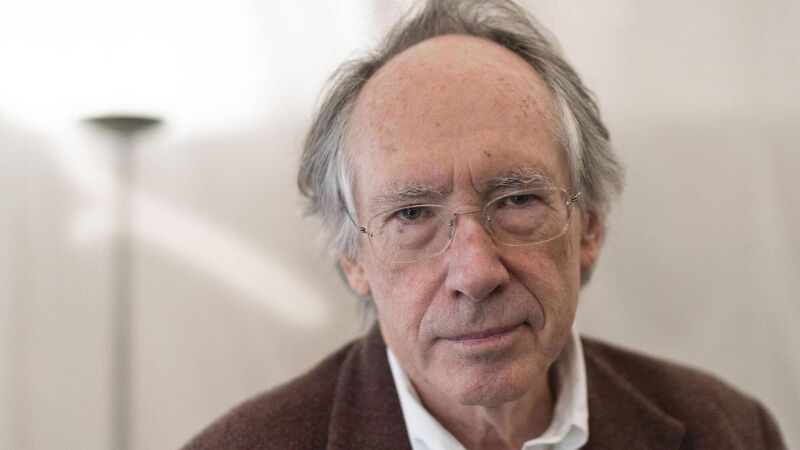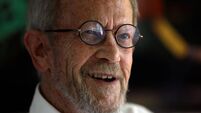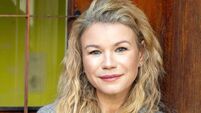Book review: Lost poetry and longing for the past in near future ruined by war and climate

Ian McEwan won the 1998 Booker Prize with his seventh novel, 'Amsterdam'. File picture: David Levenson/Getty
- What We Can Know
- Ian McEwan
- Jonathan Cape, €17.99
BOOKS & MORE
Check out our Books Hub where you will find the latest news, reviews, features, opinions and analysis on all things books from the Irish Examiner's team of specialist writers, columnists and contributors.







